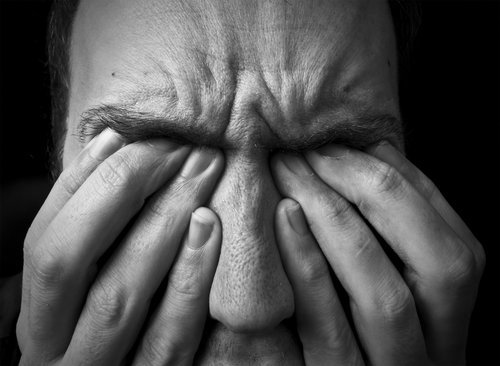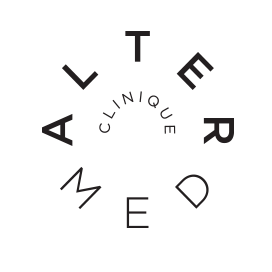
Sexual disorders in men: osteopathy to the rescue! | Alain Barriol, Osteopath D.O.
Montreal osteopathy
Did you know that only 22.2% of men who suffer from erectile dysfunction consult a doctor or other health care professional? (1).
Impotence, erectile dysfunction, erectile dysfunction, erectile insufficiency, these are some of the terms that have been used in research, all of which lead to one of the most taboo sexual pathologies for men: erectile dysfunction (ED).
These taboos and the difficulties in addressing the subject limit the therapeutic management of this dysfunction, which is experienced as a social and relational handicap (2). ED is still insufficiently revealed and many men suffer from it in silence. The consequences of this dysfunction are multiple, on the physical and psychological health of the man and his couple (3).
However, in the context of an aging population, half of men over 60 years of age experience ED and one third of men between 45 and 50 years of age experience mild, moderate or severe ED. However, this physical limitation remains little disclosed (4).
There are also an increasing number of patients under 40 years of age suffering from erectile problems, generally of psychogenic origin. However, a 2006 World Health Organization (WHO) study (5) concluded that smoking alone could be a risk factor.
Also, several studies suggest that in some cases, ED may be a precursor to cardiac or endocrine (diabetes) problems. In fact, a study conducted in Massachusetts from 1987 to 1989 indicated that, apart from age, a higher probability of ED was directly correlated with heart disease, hypertension, diabetes, depression and medications (6).
Only a physician can diagnose ED, and prescribe appropriate medication such as IPDE5 (Cialis, Viagra). Osteopathic treatment can be interesting to explore in the context of a mechanical dysfunction that can influence sexual function.
Treatment
First, an anamnesis will be carried out to gather as much information as possible to help the therapist in the treatment of the problem.
The osteopath, by using techniques and maneuvers adapted to the whole body, will be able to free the different structures in order to restore general mobility, which can improve your erectile function.
The treatment may include manual techniques of the pelvic floor but no intervention will be done directly on the genitals.
Stretching exercises may be recommended at the end of the session.
It takes 2 to 4 sessions to evaluate the results; often after this time if there is no change in the condition, a visit to the doctor or urologist will be necessary to consider another solution.
The osteopathic approach offers the possibility of an alternative solution without side effects, to help many men who are in great distress because of this dysfunction, often in the greatest secrecy.
You think you have an erectile problem?
Would you like to know if this dysfunction is mild, moderate or severe?
Make your own evaluation with the IIEF5 test, by clicking on the link below, present it to your therapist (Alain Barriol-Ostéopathe) during your next visit and discuss with him in all confidentiality the various solutions which could help you.
Sources :
(1) Costa, P., Avances, C. and Wagner, L. (2003). Erectile dysfunction: knowledge, wishes and attitudes. Results of a French survey of 5,099 men aged 18 to 70 years. Progrès en urologie, 13(1), 85-91.
(2)Bondil, P. (2003). La dysfonction érectile. Montrouge, France: John Libbey Eurotext.
(3)Giami, A. (2010). From impotence to erectile dysfunction. Destins of the medicalization of sexuality. Éditions de l'école des hautes études en science sociales, 77-108
(4)Lemaire, A. (2014). Motivational interviewing: another approach in sexology consultation? Sexologies, 23(2), 41-44.
(5)World Health Organization. (2006). The health harms of tobacco. Cairo, Egypt: WHO Library.
(6)Feldman, H. A., Goldstein, I., Hatzichristou, D. G., Krane R. J., & McKinlay, J. B. (1994). Impotence and its medical and psychosocial correlates: results of the Massachusetts Male Aging Study. The Journal of urology,151(1),54-61. doi: 10.1016/S0022-5347(17)34871-1
Read article

